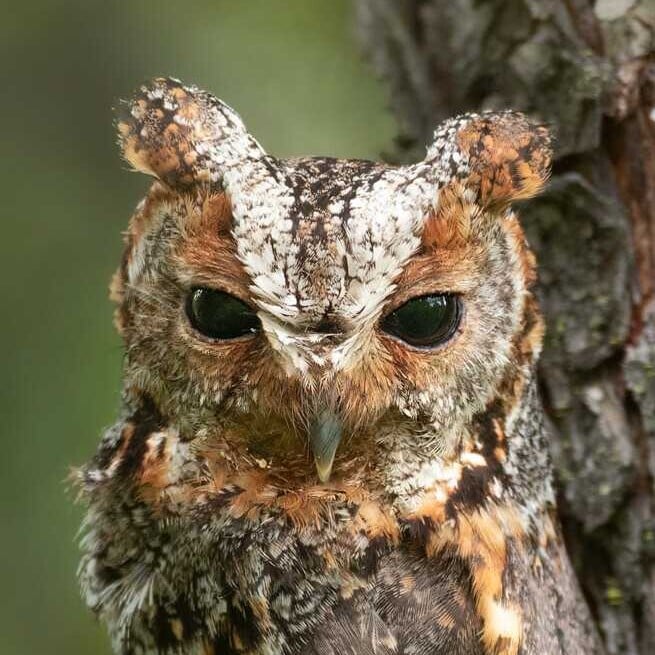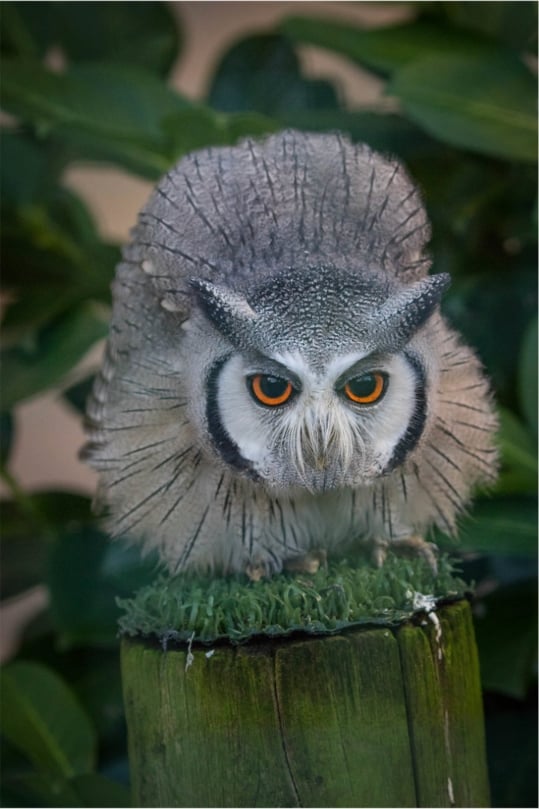From Ken Grille
Great Horned Owl release October 2024, Plymouth, Ma. It’s on an extremely rare occasion that get to see a a majestic Owl this close up. But on this day my friend from Cape Wildlife Center invited me to join a release of this beautiful rehabilitated animal. This GHO was not doing well when rescued, needing TLC for about a month, but seemed to be as good as new when he flew off back into the wilderness on this day. My favorite part of this sequence was right before the release when the Owl turned his head and looked right until his rescuer’s eyes as if to say thank you I’m ready now. Quite a moment. And then within seconds he flew off into the thick brush to resume the life of a GHO. Note: This GHO tested negative for HPAI (bird flu) so handler did not have to wear full PPE when handling him.
We are fortunate to have a few amazing wildlife rescue centers in our area and Cape Wildlife does incredible work. They save the lives of numerous baby and adult animals and am so grateful to them for what they do. There is a link on their website to donate if you wish to help them out. (Or just click right here!)


One of the reasons owls would make bad pets is they have poor attention spans. Most owls don’t even have interest in hanging out with other owls.
They are very big and majestic, and I always love getting a good up close look at them.
Telling owl sexes apart isn’t the simplest thing to do. You can see if they lay an egg. You can see if they’re the one spending the most time sitting with the eggs/babies. If there’s a mating pair, the female is bigger. You can take physical measurements and body weight and compare it to special charts that will give a pretty confident result. And of course a DNA test.
Most of the time, even experts won’t know unless they get the hands on time with it, or see it doing some of the specific behaviors I mentioned.